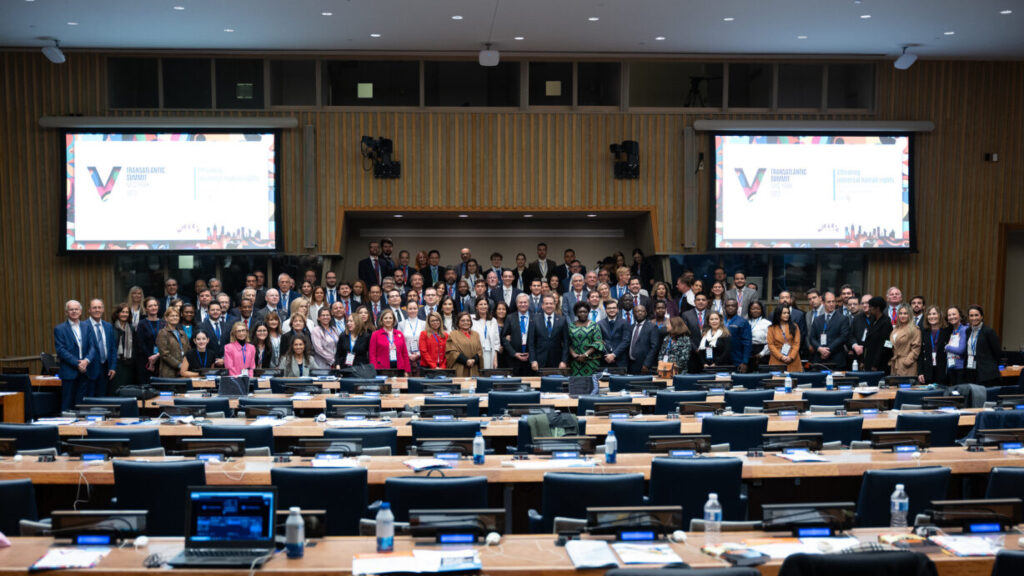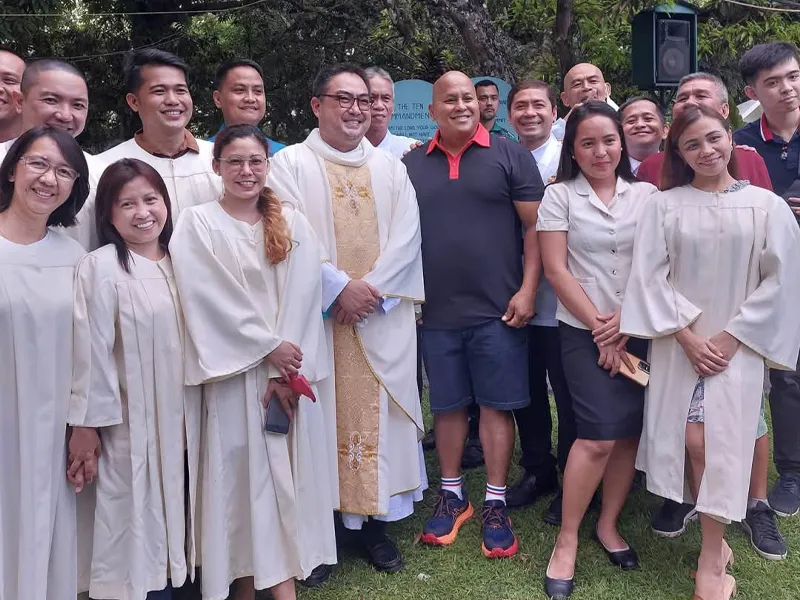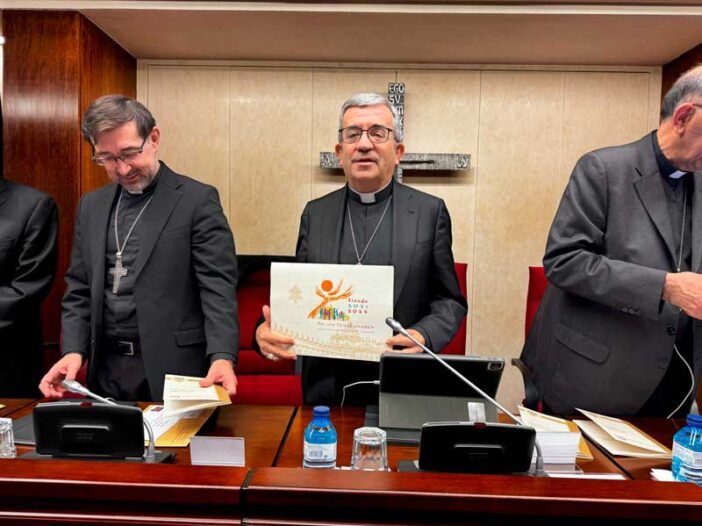New York Commitment will rescue the UDHR
5th Transatlantic Summit at UN reaffirms Universal Human Rights

The Universal Declaration of Human Rights (UDHR) emerged today at the United Nations (UN) headquarters, endorsed by more than 200 political and civic leaders from 40 countries participating in the 5th Transatlantic Summit. It is the New York Commitment celebrating the 75th anniversary of the UDHR.
“We are here to bring back to the present, in its original sense, that agreement of 1948, we must return to the human person and, from there, guarantee his or her fundamental rights. It is precisely here, at the United Nations, that our voice must be heard. We claim the basic principles that inspired the UDHR, they are timeless and transcendent principles,” said José Antonio Kast, president of the Political Network for Values, organiser of the event.
The New York Commitment 75 for Universal Human Rights gives visibility to a broad consensus that exists on all continents on the need to affirm the dignity of the person and fundamental values, especially life, family, and freedoms.
“There are many of us who think this way and are very active in the social, political, and cultural spheres, and we believe that there is always room for dialogue. It is our duty to remind those who forget or want to distort the original meaning of the UDHR,” he said.
Ito Bisonó, Minister of Industry and Commerce of the Dominican Republic, pointed out that it has never been more opportune to reaffirm the principles that gave rise to the UDHR in the face of the threats that people’s lives, freedom, and dignity, in particular, are suffering today.
Samuel George, a member of the Ghanaian Parliament, stressed that the UN Magna Carta enshrines the right to life, the protection that should be given to the family based on the marriage of a man and a woman, the protection of motherhood and childhood, the preferential right of parents to choose the education of their children, freedom of thought, conscience, religion, opinion as well as freedom of expression, which makes it incomprehensible that international organisations should violate these rights.
Margarita de la Pisa, a member of the European Parliament, pointed out that these rights, far from being regressive, are the basis of true human development. “Defending life, for example, means a political commitment to prosperity,” she said.
In the same vein, Hafid El-Hachimi, an official of the Independent Permanent Commission for Human Rights of the Organisation of Islamic Cooperation, affirmed that families are the fundamental unit for the sustainable, cultural, and economic development of society, so seeking redefinitions of the family means compromising the future.
What is the New York Commitment?
In the New York Commitment, the participants of the meeting pledged to form a global alliance for the human rights and fundamental freedoms enshrined and universally recognised in the UDHR.
They will work to establish enabling environments for family formation and stability; to protect children, both before and after birth; and to respect the freedom of parents and legal guardians to provide for the religious and moral education of their children in accordance with their own convictions.
They also pledged to promote respect for the diverse religious and ethical values, cultural backgrounds, and philosophical convictions of the world’s peoples, as well as for the sovereignty of states in matters within their domestic jurisdiction.
A different kind of summit within the UN
The 5th Transatlantic Summit, convened under the theme “Affirming Universal Human Rights – Bridging Cultures for Life, Family, and Freedoms”, took place on 16-17 November in Room 4 of UN Headquarters, in the framework of the 75th anniversary of the UDHR. The event was organised by Political Network for Values (PNfV) and its partner organisations.
Participants included Erwin Ronquillo, Minister of Child Protection of Ecuador; Raúl Latorre, President of the Chamber of Deputies of Paraguay; Kinga Gál and Margarita de la Pisa, Members of the European Parliament for Hungary and Spain, respectively; Lucy Akello, Member of Parliament of Uganda; Päivi Räsänen, Member of Parliament of Finland; Corina Cano, Vice-President of the National Assembly of Panama; Germán Blanco, Senator of Colombia; Nikolás Ferreira of Brazil; Santiago Santurio, Member of Parliament of Argentina; and Rafael López Aliaga, Mayor of Lima (by video).
Also, Lila Rose, President of Live Action; Valerie Huber, promoter of the Geneva Consensus Statement and President of the Institute for Women’s Health; Sharon Slater, President of Family Watch International; Dawn Hawkins, Executive Director of the International Centre on Sexual Exploitation; Neydy Casillas, Vice President for International Affairs at the Global Center for Human Rights; Ádám Kavecsánszki, President of the Foundation for a Civic Hungary; Austin Ruse, President of C-Fam; Brett Schaefer, Research Fellow at the Heritage Foundation; and Peter Torcsi, Director of Operations at the Center for Fundamental Rights; among others.
The event is officially supported by the Government of Guatemala and is sponsored by The Heritage Foundation, Center for Fundamental Rights, Foundation for a Civic Hungary, Global Center for Human Rights, International Centre on Sexual Exploitation, Family Watch International, C-Fam, ADF International, The Institute for Women’s Health, International Organisation for the Family, and Talenting Group.
The Summit will be chaired by José Antonio Kast, founder of the Republican Party of Chile, former presidential candidate in his country, and president of PNfV.
—-
The PNfV is an international network of politicians actively committed to the promotion and defense of life, family, and liberties. The Transatlantic Summits are a cornerstone of the Network. They bring together politicians and civic leaders from different countries to strengthen ties, share success stories and best practices, and build joint agendas. They are usually held every two years.
The first summit was held at the United Nations in New York in 2014, followed by others at the European Parliament in Brussels in 2017, at the Colombian Capitol in Bogotá in 2019, and at the Hungarian Academy of Sciences in Budapest last year.
Related

“The priest finds his reason for being in the Eucharist”
Fundación CARF
01 April, 2025
5 min

Family Valued: An international appeal for the family
Exaudi Staff
01 April, 2025
2 min

Bishop Luis Argüello Addresses the Challenges of the Church in Spain
Exaudi Staff
01 April, 2025
2 min

THE WAY OF THE CROSS: Accompanying Jesus on the way to the Cross
Luis Herrera Campo
31 March, 2025
5 min
 (EN)
(EN)
 (ES)
(ES)
 (IT)
(IT)

